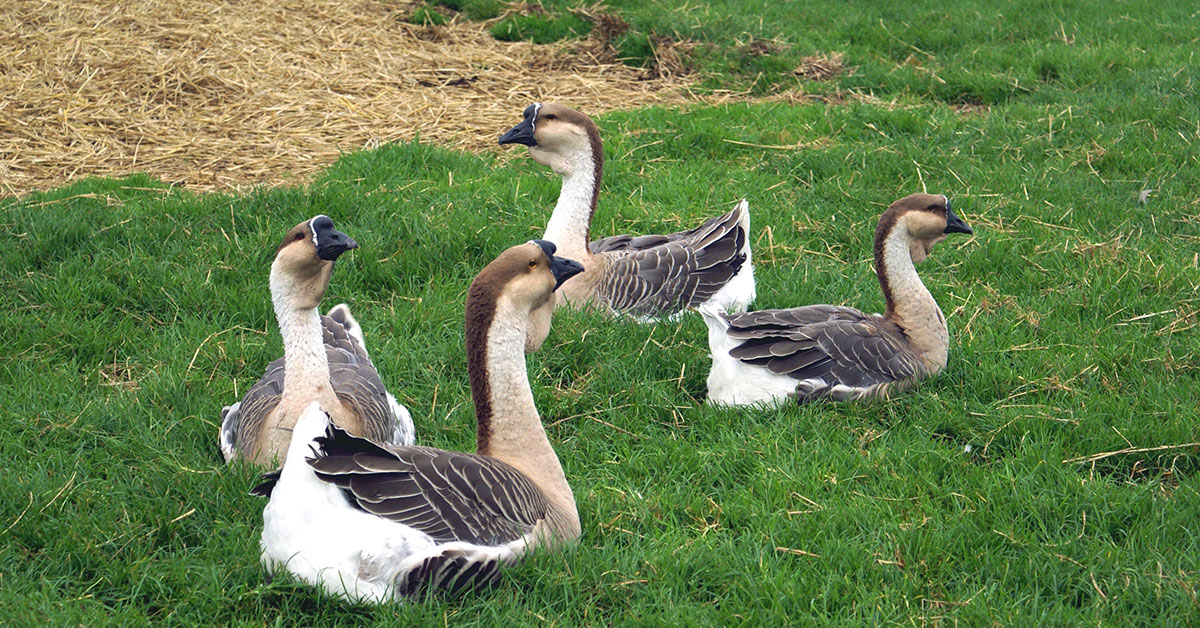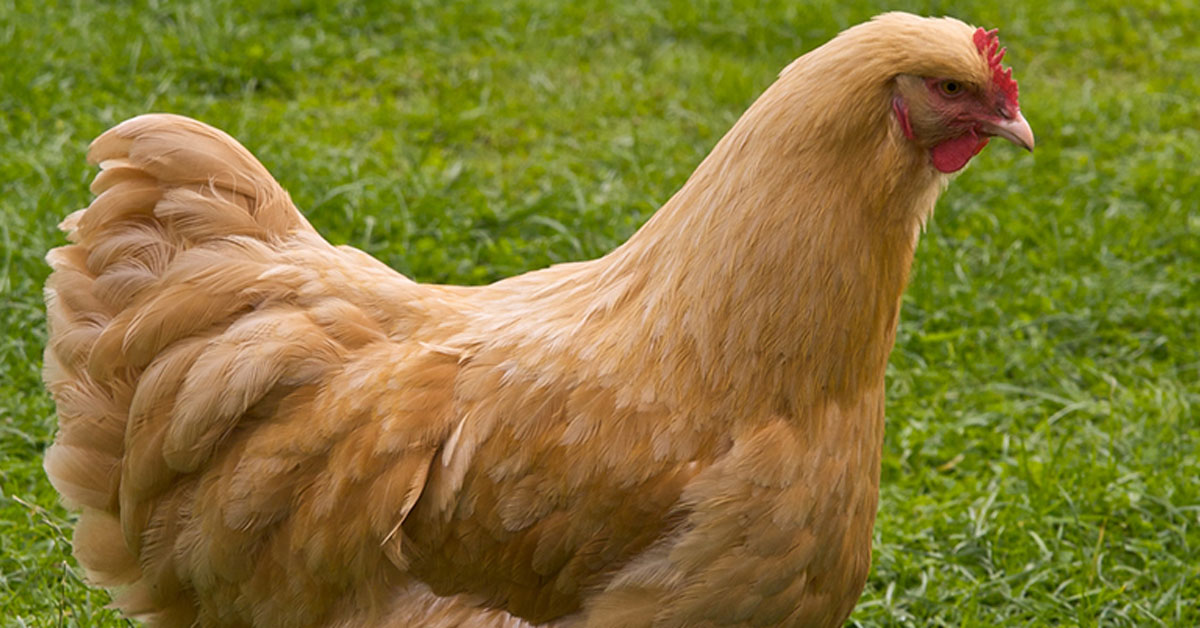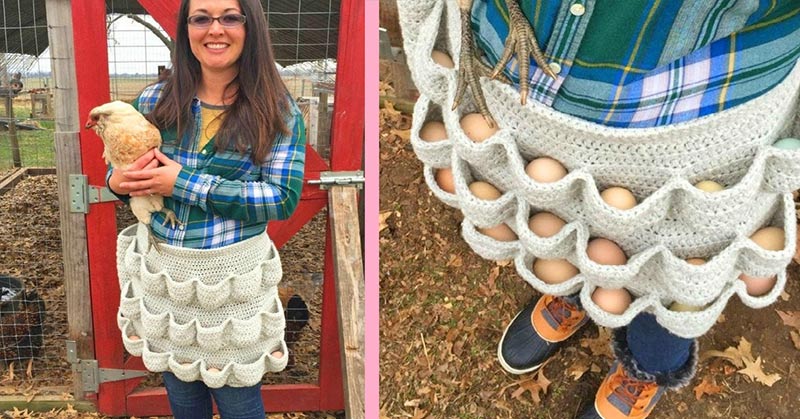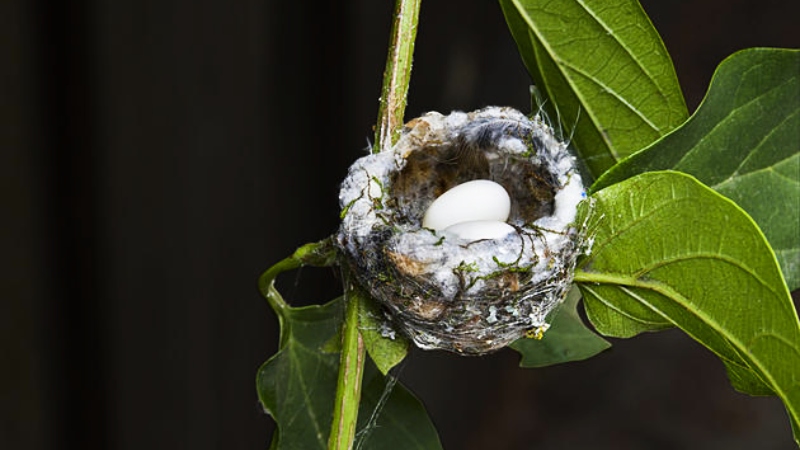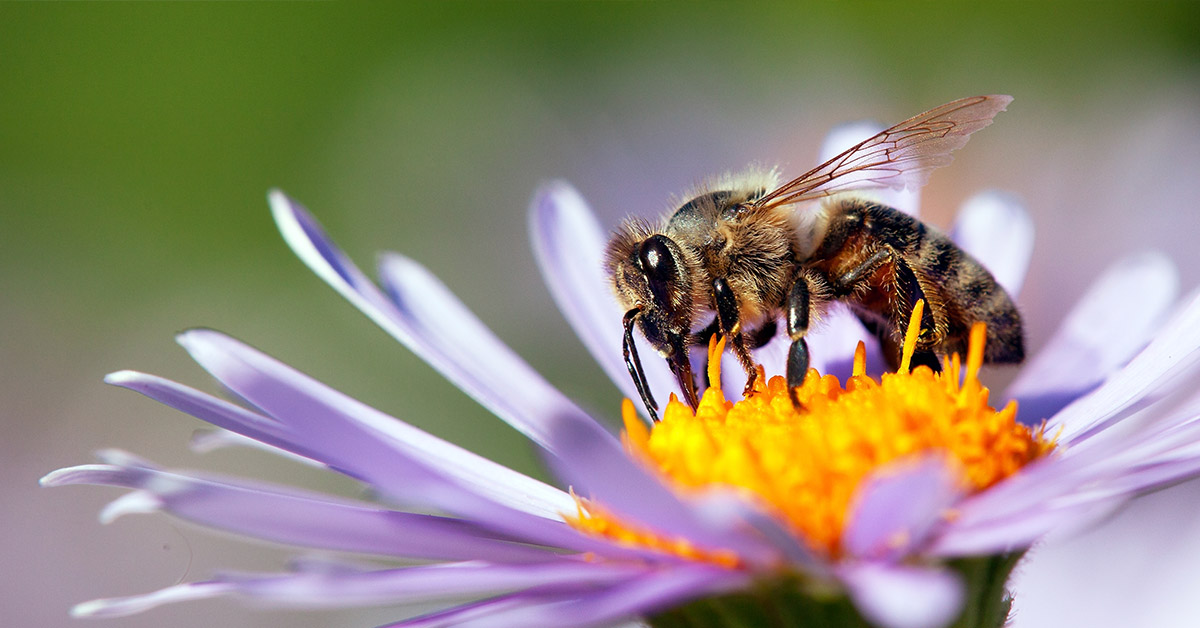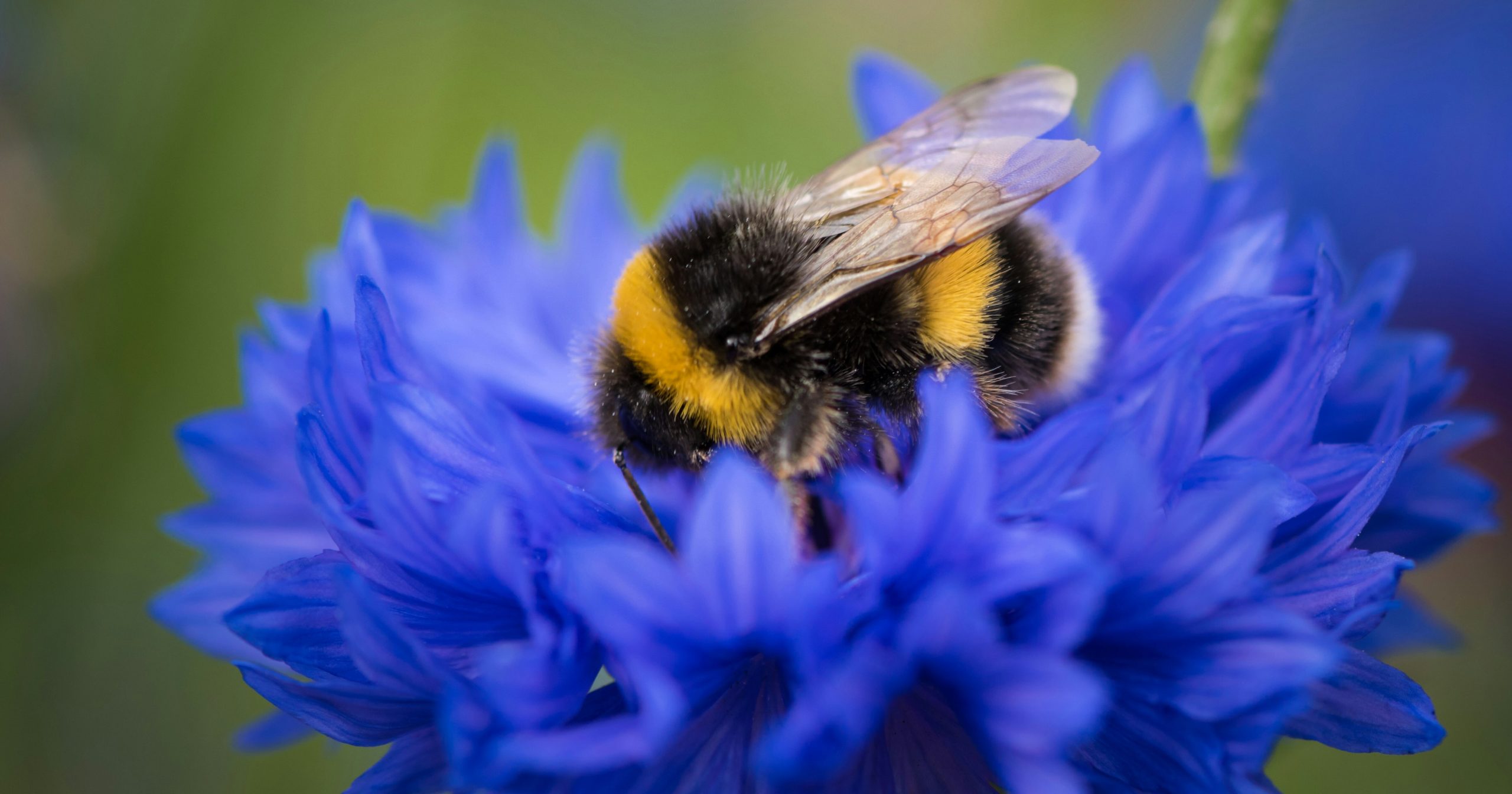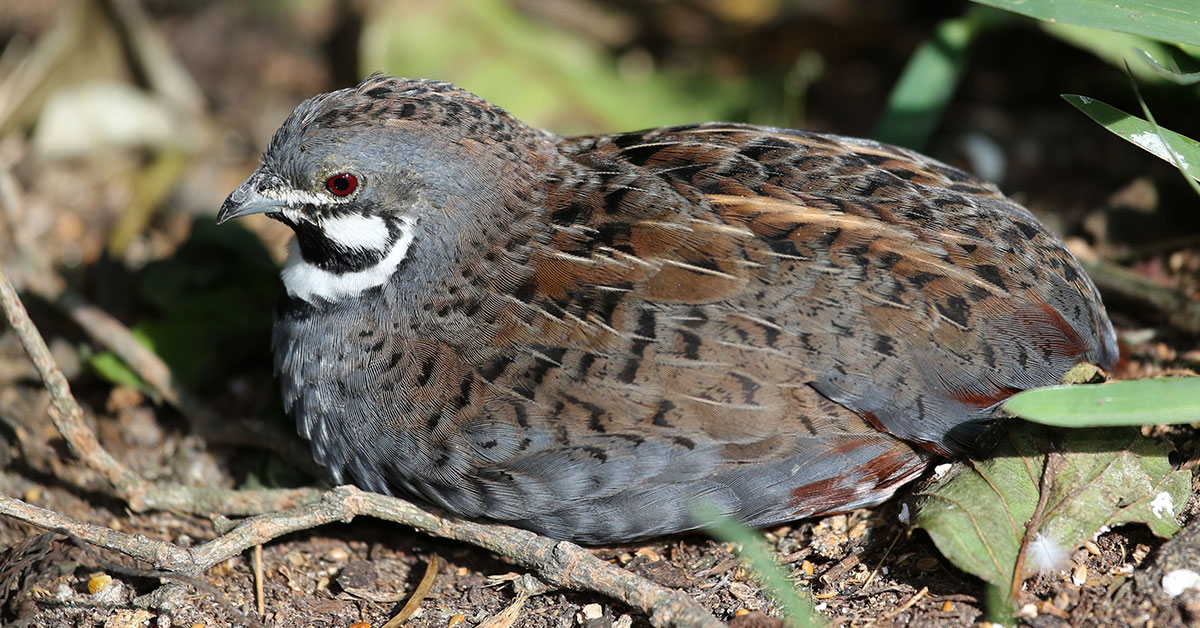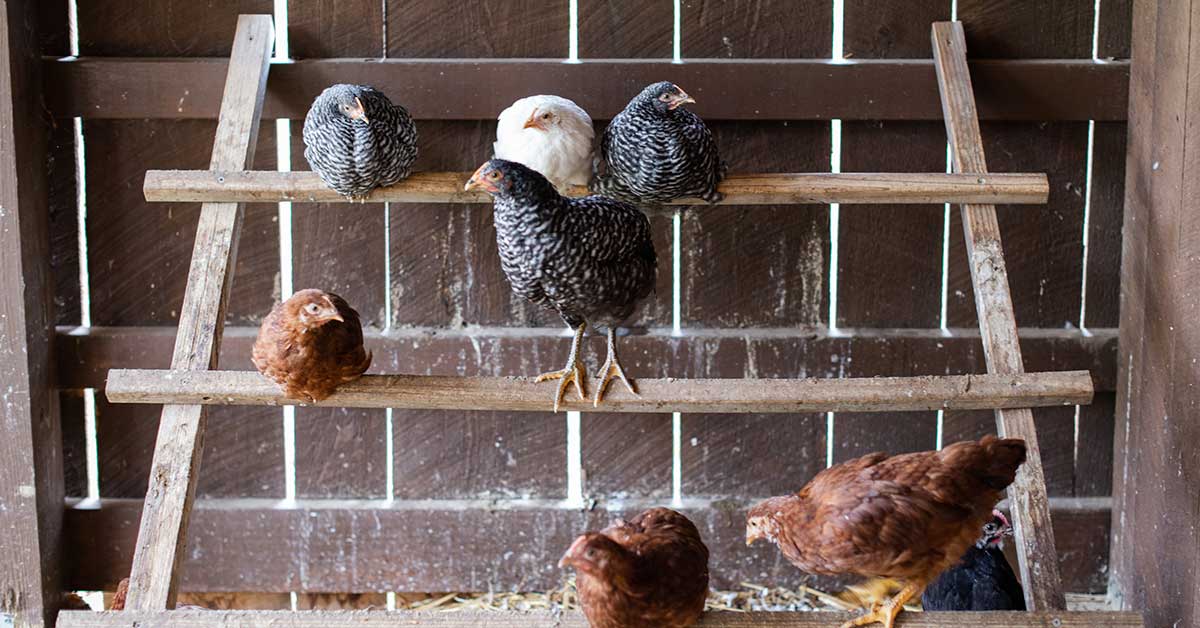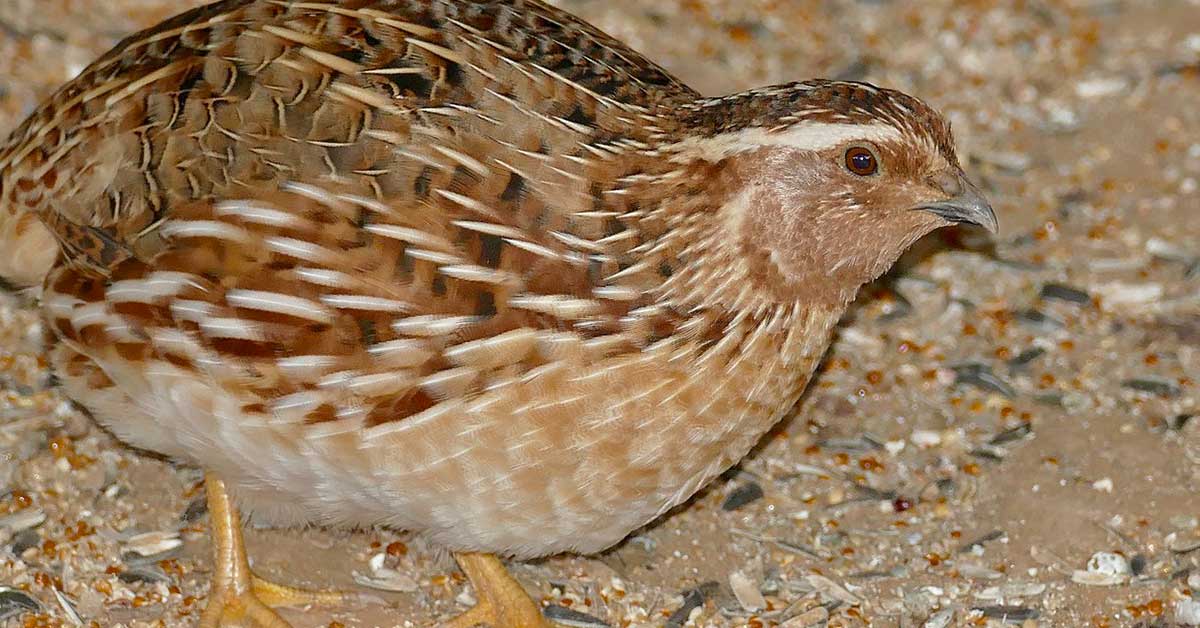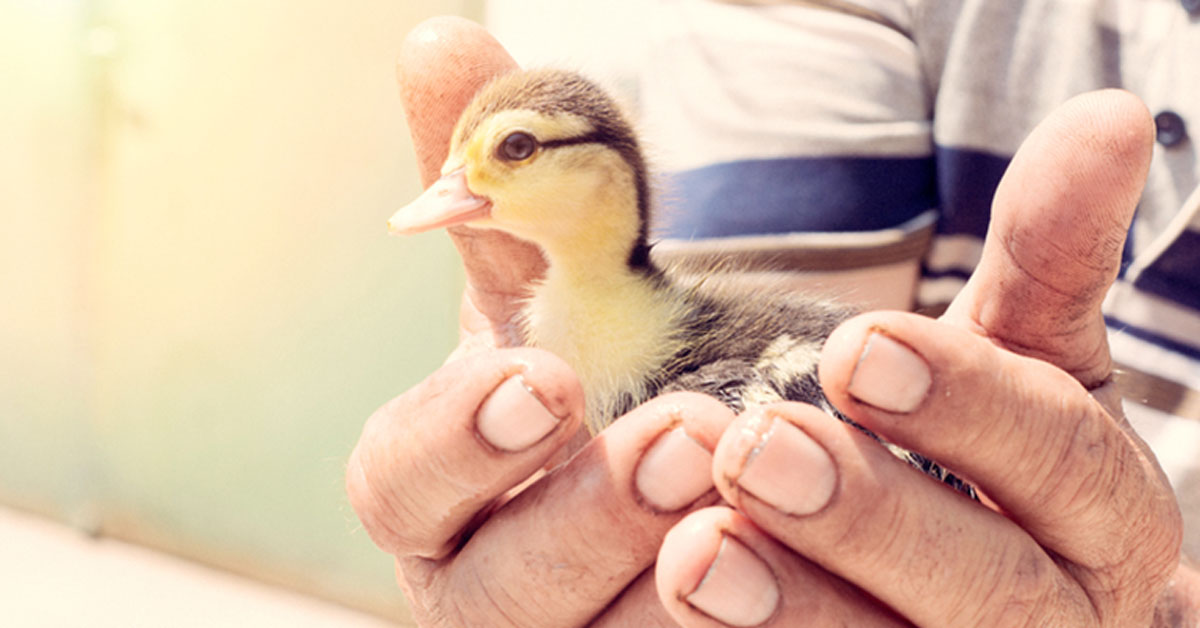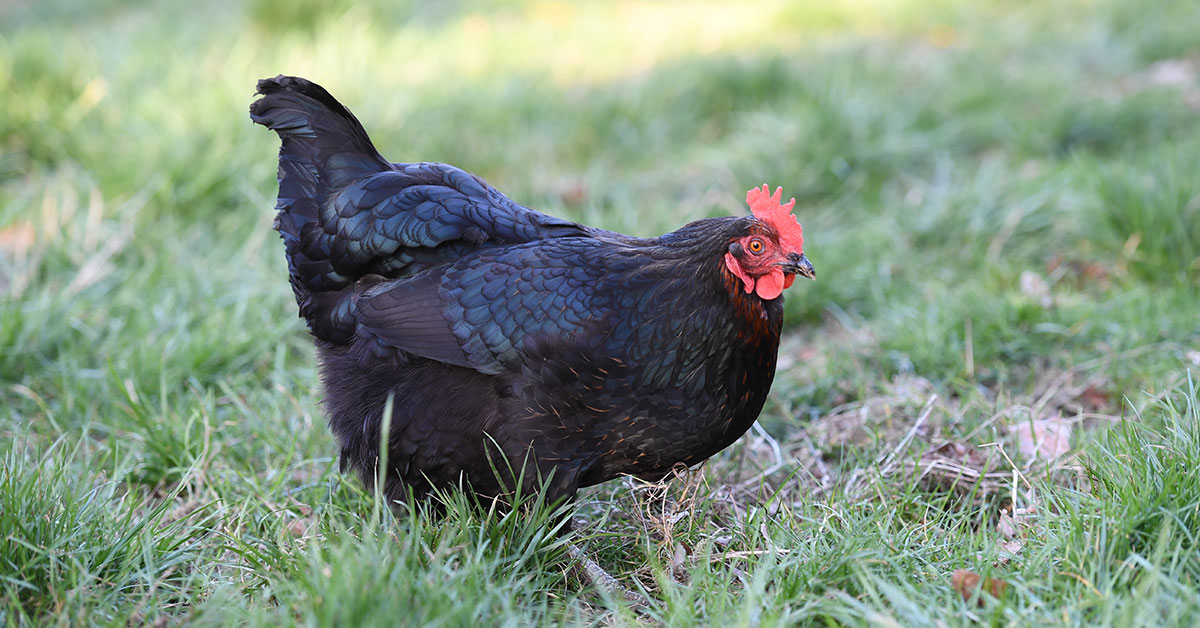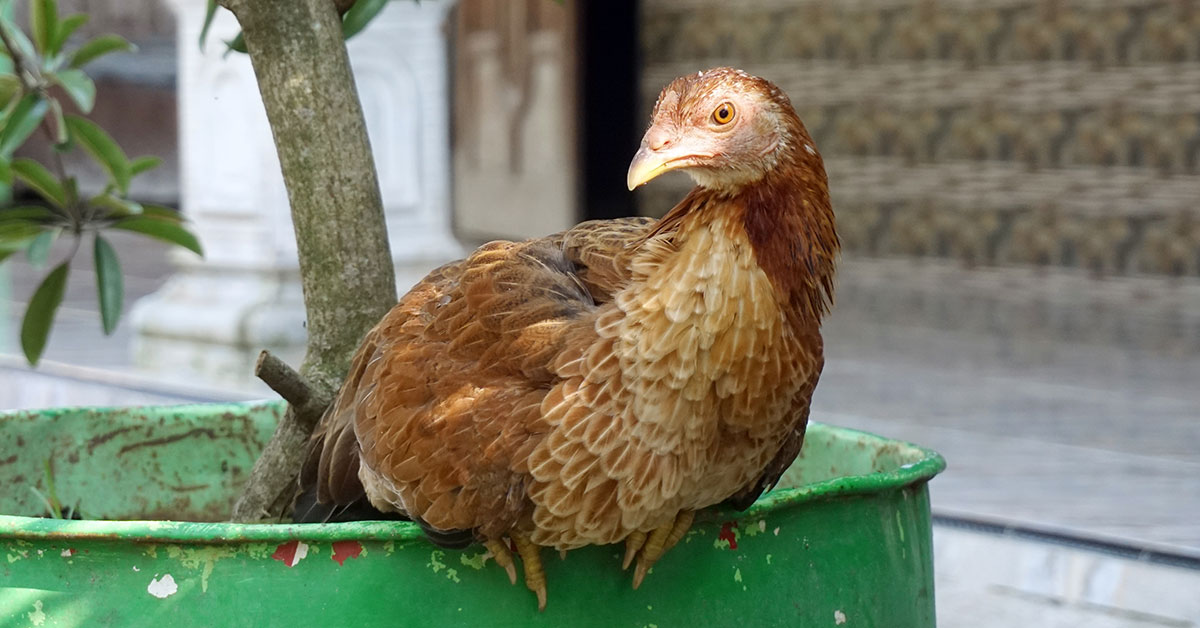African geese are a breed of domesticated waterfowl that are popular for their friendly temperament and excellent egg-laying capabilities. They are native to Africa, but today they can be found all over the world. In this article, we will discuss everything you need to know about these geese, including how to tell males from females, how many eggs they lay, how long their eggs take to incubate, and how to care for pet geese.
Why Add African Geese To Your Backyard Farm?
There are several reasons why a backyard gardener might want to keep African geese:
- Pest Control: Geese are excellent at controlling pests in the garden, such as snails, slugs, and other insects. Their grazing and foraging habits can help keep your garden free of unwanted pests without the need for harmful chemicals.
- Fertilizer: Geese produce a large amount of manure, which is an excellent fertilizer for gardens. Their manure is high in nitrogen, phosphorus, and potassium, which are essential nutrients for healthy plant growth.
- Egg Production: African geese are prolific egg layers, producing up to 80 eggs per year. These eggs are large and nutritious, making them a valuable addition to any backyard homestead.
- Companionship: Geese are social animals and make great companions for backyard gardeners. They are friendly, curious, and enjoy interacting with their owners.
Overall, African geese are a valuable asset for any backyard gardener. They provide pest control, fertilizer, eggs, and companionship, making them an excellent addition to any backyard homestead.
How to Tell Males from Females
The easiest way to tell male African geese from females is by their size and behavior. Males are typically larger than females and have a more pronounced knob on their bills. Additionally, males tend to be more aggressive and territorial than females, especially during the breeding season.
Female African geese, on the other hand, are smaller and less aggressive. They have a less pronounced knob on their bills, and their voices are usually higher pitched than males.
How Fast Do African Geese Grow?
African geese generally grow and mature relatively quickly, compared to other breeds of geese. On average, it takes about 4-5 months for African goslings to reach adulthood, or sexual maturity. During this time, they will go through several stages of development, including hatching, downy stage, juvenile stage, and finally, adult stage.
In terms of weight, African geese can grow quickly and reach a good size within a few months. As goslings, they can grow up to 2-3 pounds within the first few weeks, and by the time they reach adulthood, they can weigh up to 10-12 pounds for males and 8-10 pounds for females.
It’s important to note that the growth rate of geese can be influenced by a variety of factors, such as genetics, diet, and environmental conditions. Providing proper nutrition, adequate space, and appropriate care can help ensure healthy growth and development in African geese.
How Many Eggs Do African Geese Lay
African geese are decent egg layers and can lay up to 40 eggs per year. The eggs are large, weighing around 150-200 grams, and have a white or off-white color. The egg-laying season typically begins in late winter and lasts through the spring and summer months.
How Long Do Their Eggs Take to Incubate
African geese eggs take around 28-35 days to incubate, depending on the temperature and humidity conditions in the incubator. The ideal temperature for incubating goose eggs is around 99.5°F (37.5°C), with a humidity level of around 55-60%.
It is important to note that incubating African goose eggs can be challenging, especially for beginners. If you are planning to hatch African goose eggs, it is recommended that you do your research and consult with experienced breeders or veterinarians.
Cons To Keeping African Geese
African geese can be a great addition to a backyard or small farm, there are also some potential cons to consider before you rush out to get fertilized eggs or goslings:
- Noise: Geese are known for their loud honking, which can be a nuisance for some neighbors. If you live in an area with noise restrictions or close proximity to neighbors, this may be a consideration.
- Mess: Geese are messy animals, and their manure can accumulate quickly. This can be a challenge to keep up with and can lead to unpleasant odors and potential health hazards if not managed properly.
- Aggression: During breeding season, male geese can become aggressive and territorial, which can be a concern for families with small children or other pets.
- Space Requirements: Geese require a significant amount of space to thrive. They need access to water and plenty of room to graze and forage. If you have a small backyard or limited outdoor space, this may not be feasible.
- Predation: African geese can be vulnerable to predation from wild animals, such as raccoons, foxes, and coyotes. It is important to provide a secure outdoor enclosure to protect them from predators.
There are many benefits to raising African geese, it is important to consider the potential cons and whether they are manageable for your particular situation. Proper care, management, and planning can help minimize any potential challenges and ensure a successful and rewarding experience raising African geese.
How to Care for Pet African Geese
If you are considering keeping African geese as pets, it is important to understand their basic care requirements. Here are some tips to help you care for your pet geese:
- Housing: African geese require a secure and spacious outdoor area to roam and graze. A fenced-in yard or pasture with access to water is ideal. They also need a dry, well-ventilated shelter to protect them from the elements.
- Diet: Geese are grazers and require a diet rich in fresh grass, weeds, and other vegetation. They also enjoy corn, wheat, and other grains. Fresh, clean water should always be available.
- Health: Geese require regular check-ups by a veterinarian who specializes in avian care. They should be vaccinated against common avian diseases and parasites, and their living area should be cleaned regularly to prevent the spread of illness.
- Socialization: Geese are social animals and do best when kept in pairs or small flocks. They thrive on interaction with their owners and enjoy attention and affection.
African geese are a delightful addition to any backyard or farm. They are excellent egg layers, friendly and social, and easy to care for with the right knowledge and preparation. If you are considering keeping African geese as pets, be sure to do your research and consult with experienced breeders or veterinarians to ensure the best possible care for your feathered friends.
